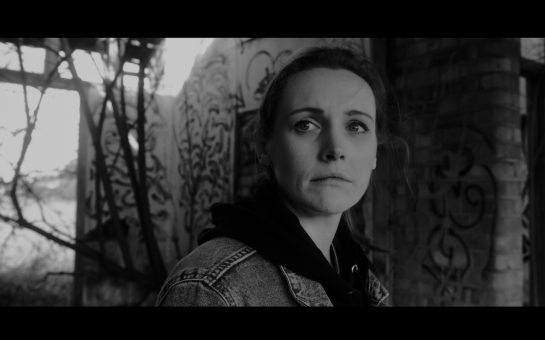Still Alice, the story of how Alzheimer’s disease robs a person of their identity on the most fundamental level, is an incredibly moving film.
Sad films may be ten-a-penny, but it’s rare to find one that can hit you right in the gut like this without feeling heavy-handed or overly-manipulative.
In this adaptation of Lisa Genova’s novel, Julianne Moore is cast as Alice Howland, a 50-year-old linguistics professor who learns she has a rare form of early onset Alzheimer’s, which leads to her rapid deterioration.
Moore’s portrayal is brilliant and, despite the relatively low profile of Still Alice, she picked up a richly-deserved Academy Award last month.
As Alice is someone who prides herself on her verbal dexterity, it’s devastating to watch not only the loss of her independence, but also the erosion of a lifetime’s work.
Of course, much of the pain of the disease is the perceived burden it places on the sufferer’s loved ones, and this is felt with full force through on-point performances, in particular from Alec Baldwin as Alice’s husband, and Kristen Stewart as her youngest daughter.
Having said that, what sets Still Alice apart from other films in the same vein – like 2012’s Amour – is that it’s very much more about Alice’s personal struggle than her strained relationships, although these do give the film much of its bite.
We spend a lot of time alone with Alice, we experience the disease through her eyes and the direction of Richard Glatzer and Wash Westmoreland is incredibly effective in simulating her fear, confusion and helplessness.
About an hour in, Alice, already at an advanced stage of the illness, drops the pages to a speech she’s about to give at an Alzheimer’s conference.
As we’ve already watched her struggle so badly with even the simplest of tasks, this small hiccup puts an almighty fear into the audience, and it’s at this point we realise just how terrifying the disease is.
Alice may not get the dignified ending she wants, nor the one we probably think she deserves, but that’s the grim reality of the situation.
This is an incredibly important film, and it’s good to see Hollywood addressing the topic in such a serious, head-on manner.
Especially since, increasingly, it’s an issue which will hit close to home for many. As our society gets older, diseases like Alzheimer’s will only become more prevalent, and at some stage almost everyone will live through it, either as a sufferer or a carer.
Yes, Still Alice is difficult to watch, but it’s worth the discomfort. On top of being a brilliantly-executed picture, there’s a great benefit to be had in exposing yourself to the issue.
It’s enlightening and in a strange way uplifting – if not exactly life-affirming – to look at it full in the face, rather than sticking your head in the sand. It makes it a little bit less scary that way.
Image courtesy of Sony Picture Classics via YouTube, with thanks.



